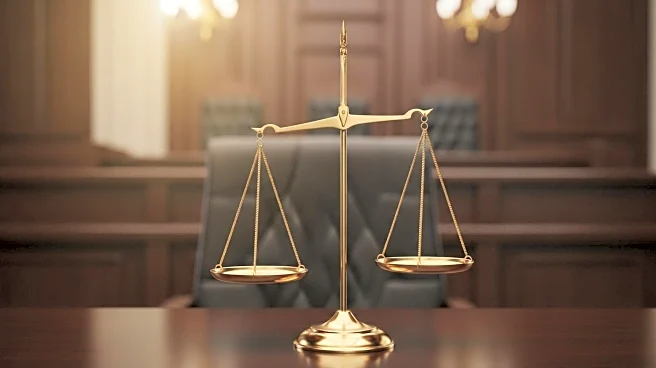What's Happening?
Supreme Court Justice Sonia Sotomayor recently discussed the implications of altering legal precedents during an appearance on ABC's 'The View.' She expressed concern over the potential long-term effects of such changes, emphasizing that they could impact future legal interpretations and the conduct of leaders. Sotomayor's comments follow her dissenting opinion in a recent Supreme Court ruling on immigration stops, highlighting her apprehension about the erosion of established rights and the broader consequences for society.
Why It's Important?
Justice Sotomayor's remarks highlight the critical role of legal precedents in maintaining stability and predictability in the U.S. legal system. Changes to established precedents can have far-reaching effects on individual rights and societal norms. Her concerns reflect broader debates about the balance between judicial interpretation and legislative action, as well as the potential for shifts in legal standards to influence public policy and civil liberties. This discussion is particularly relevant in the context of recent Supreme Court decisions that have sparked public debate and concern.
Beyond the Headlines
The conversation around changing legal precedents also touches on ethical and cultural dimensions, as it raises questions about the judiciary's role in shaping societal values. The potential for precedent changes to affect marginalized communities and alter the balance of power between branches of government underscores the importance of careful judicial deliberation. Sotomayor's insights contribute to ongoing discussions about the judiciary's responsibility to uphold justice and protect individual rights in a rapidly evolving legal landscape.









